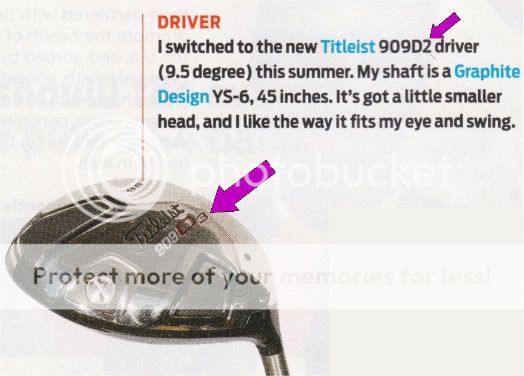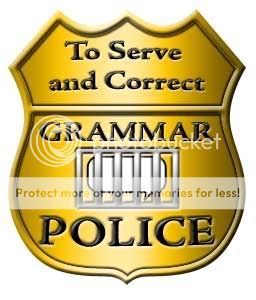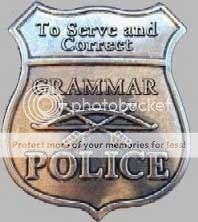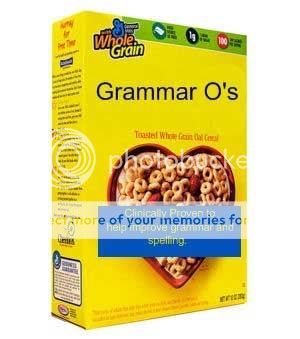TheNewBrad
Who's ya caddy?
"Booya" is simply a greeting that's supposed to sound cool and street smart.
You've just admitted that you're cool & street smart?? Well booya to you Claire.

A quick Google of "hoa" gives you a choice between "Home Owners' Association" and an ethically Chinese minority in Viet Nam. Neither definition is likely to be of much help to you--I'll let someone trendier than I give you the definitive meaning.
I've noticed it said in (bad) Marine movies. :soldier:









